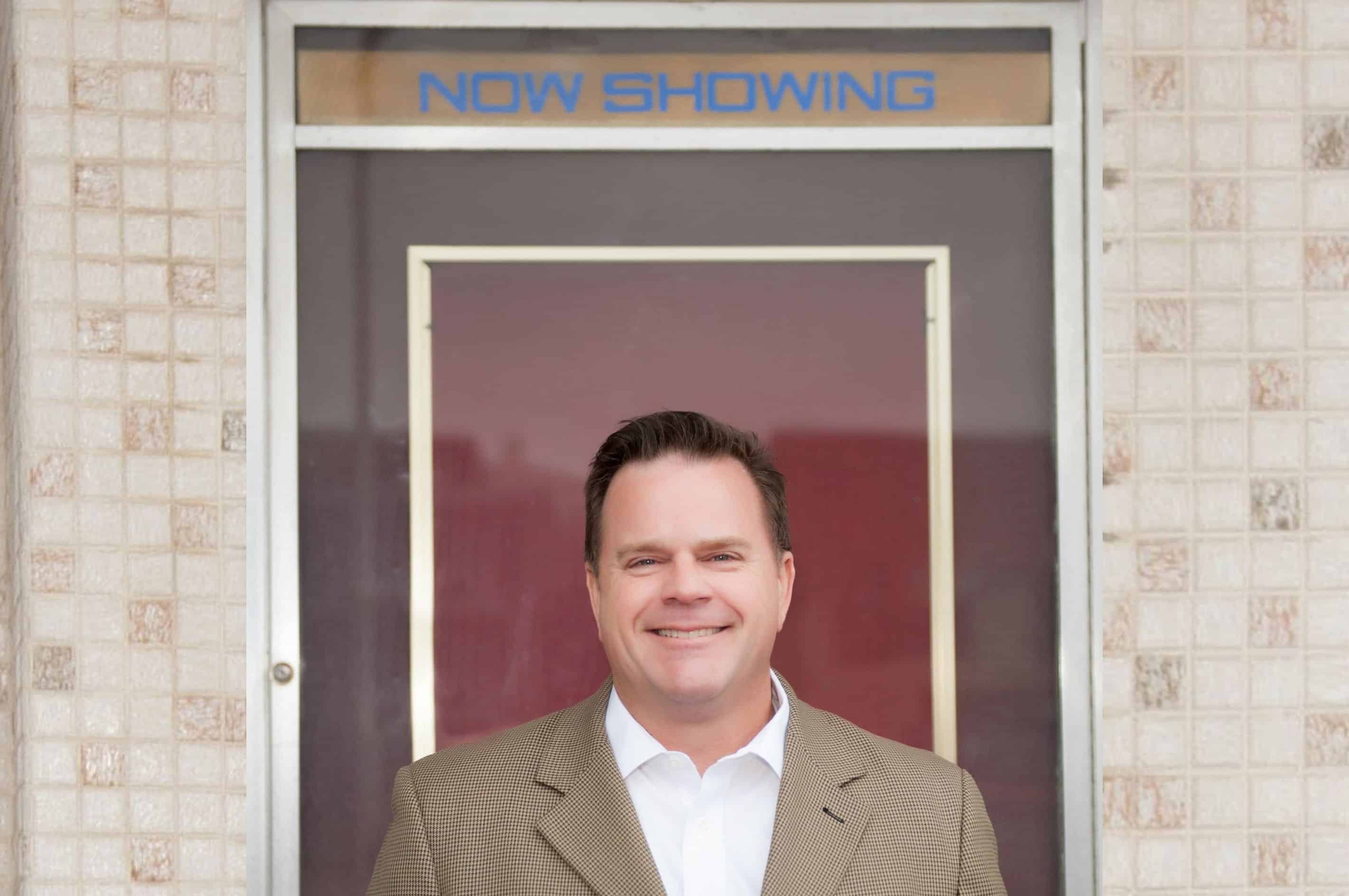All of us remember the childhood story, and related lessons, of the Tortoise and the Hare. The moral of the story is one that is applicable to people of any age. Start moving and keep a steady pace toward your goal is the virtue of the fable.
It sounds a little too simple, but we apply this approach to all our clients’ needs and goals. One of the most challenging actions to initiate is the first step. You expend the most energy when you create an action from nothing. It is only when you take your body out of movement stasis that it burns more calories, requires more brain input and causes you to become uncomfortable. A favorite saying of mine is, “you can’t grow unless you become uncomfortable.”
Applying this approach to your lifetime savings goals, consider starting with a slower pace as a new marathon runner would do. Save a smaller amount to start the habit of saving each period you choose (i.e., weekly, biweekly, monthly, etc.). As you witness your progress by watching your savings or investment account grow, you will experience a sense of accomplishment that will fuel your next step. Like dominoes lined up close to one another, after you get the first domino to fall the energy and contact on the next domino causes a chain reaction that is entertaining to watch.
To note your progress on this financial marathon, create checkpoints along the journey that trigger you to note your status on the way to your goal. You may want to check your account balance every six months or annually on the anniversary of your start date. This type of approach feeds your energy level to continue the process until you reach retirement or whatever goal you desired. I often tell people that the first million dollars in savings is the hardest to reach. After reaching that landmark goal, the next million is much easier.
Set yourself up for success by lessening the friction within the process of saving. Utilize deferrals from your paycheck to fund your retirement each pay period. If you do not see the funds or must write a check, prepare an envelope and mail the money to an account, you are more probable to stay on track. Also, do the same with your post-tax investment savings. Set up a systematic automated clearing house (ACH) arrangement to move funds from your checking or savings accounts to your investment account at prescribed intervals.
To help illustrate the power of compounding and accomplishing long-term savings goals, I will share the story of a client of ours. She had a limited income and worked in a career that provided a pension after she worked for the agency for 10 years or more. Her lifestyle was maintained within her means, and she created a savings schedule to contribute to her pre-tax retirement account with the agency from her first day of eligibility. At age 66, she retired after 40 years of service and began to receive her pension.
When asked about the difficulties she encountered during her accumulation years, she remarked, “Certainly difficult days did come. However, I simply recalled the reason for my savings, and I did not want more difficult days in my retirement years.” To paraphrase, she never experienced an “emergency” that caused her to halt or discontinue her saving for the future. She exhibited the discipline needed during her career to enjoy a fruitful life in retirement.
Oh, I forgot to mention that our client became a widow at age 54 and raised a granddaughter from age 3 and funded her college education after the child graduated from high school!
We all think life is tougher on us than anyone else we know. To me, you and I have much to be thankful for and are blessed significantly compared to many people in other countries on the globe. Stay positive and stay focused on the goals you set in life. You will be rewarded for your diligence.
To help you establish a plan for saving for your future, consider a complimentary consultation with a Certified Financial Planner™ professional. A system can be designed that allows you to earnestly save for the future while living your life by design today. Look around and enjoy each day. It is truly a paradise if you look with the right frame of mind!



















